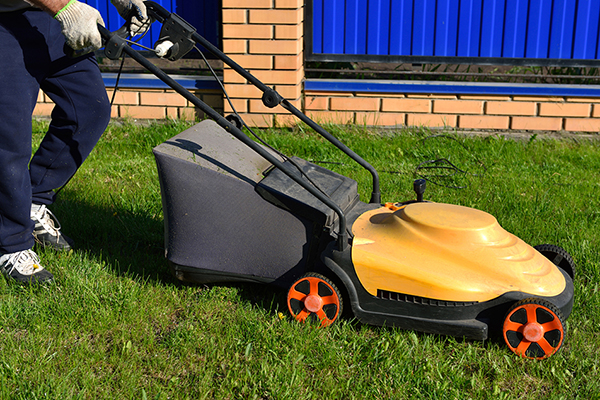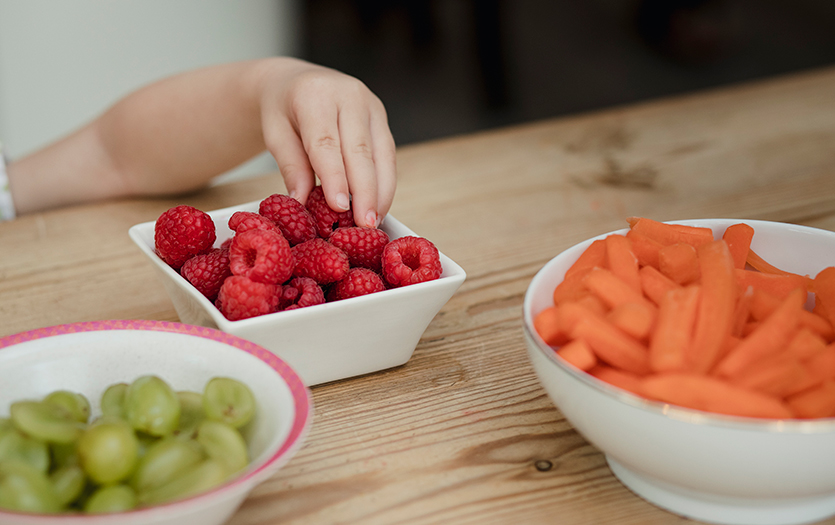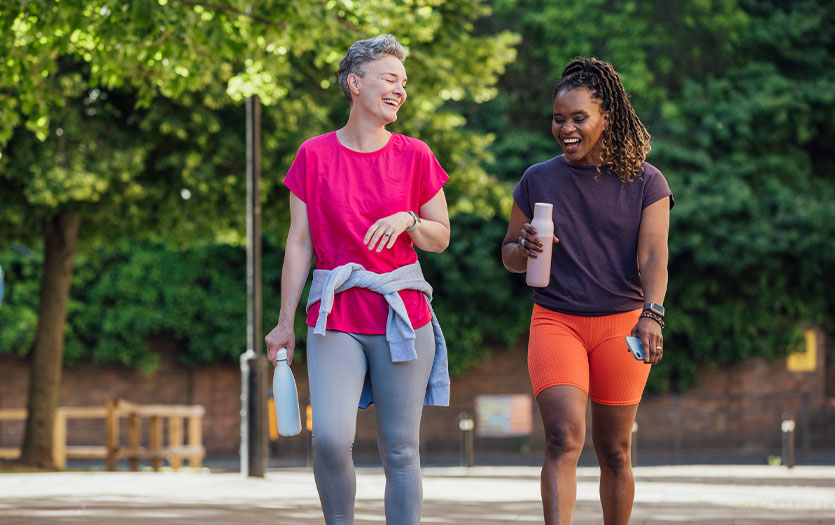.jpg)
As we tidy up our homes and clear out clutter, there’s one essential aspect of spring cleaning that is often overlooked. The medicine cabinet. Neglecting this minor chore may have major consequences. The unused and improperly stored medication increases the risk of substance abuse, accidental poisoning or overdose. To help combat this issue, the Drug Enforcement Administration (DEA) organizes a National Prescription Drug Take Back Day offering free prescription drug disposal to the public. We spoke with Nicole Savage, Pharm D, pharmacist, Parkview Kosciusko and Sydney Miller, PharmD Candidate, Manchester University, about the importance of safe prescription drug disposal.
Why is it important to dispose of expired, unused or unwanted medication?
Nicole: Turning in prescriptions that you no longer need helps to ensure that you are taking the correct medications within the dates they were prescribed and decreases the chance of them being used by those they are not intended for. This could be protecting children, teens and pets from accidental ingestion. Disposing of these medications creates a safer environment for you and those around you.
Sydney: Additionally, drug take-back programs ensure safe disposal methods that protect our ecosystems, since flushing medications down the toilet or throwing them in the trash can contaminate water sources and harm the environment.
What can and cannot be disposed of?
Sydney: The most common prescription medications that people dispose of include painkillers, antidepressants, sedatives, sleep aids, stimulants (ADD/ADHD medications), blood pressure medications and antibiotics.
Nicole: This also includes vitamins and supplements that are either expired or no longer in use. They should be in a solid form such as a tablet, capsule or gel. Putting these packages in a single container or box will help with ease of transport. Medications that are in liquid form, aerosol medications (inhalers) and sharps and needles cannot be accepted. Those items can be disposed of in the following ways:
Liquid medications
- Remove prescription labels or mark out all personal information on the label before disposing.
- Mix the medication with a substance such as dirt, cat litter or coffee grounds. It’s important to choose something unappealing.
- Place the mixture in a sealable plastic bag to prevent any leaking.
- Throw away in your trash at home. Keep in mind that trash should not be visible to avoid unintended use or accidental contact.
Sharps/needles
- Use a hard plastic container with a screw top such as a laundry detergent bottle or coffee can.
- Label the container as being for sharps. Keep this container out of reach of children and pets.
- Immediately dispose of sharps or needles into this container. Refrain from overfilling the container.
- Once it is full, secure the lid shut with duct tape and dispose of it in the trash at home.
Do my medications need to be in the original container or labeled?
Sydney: It is recommended to bring the medication in its original packaging, if possible. But we understand that you may no longer have them in their pharmacy containers or labeled. This does not prevent you from being able to dispose of these medications.
Final thoughts
Taking the time to safely dispose of unwanted medication not only protects the community but also helps combat prescription drug misuse and addiction. If you are unable to attend a Drug Take Back Day, contact your local police department or pharmacy or visit the U.S. Department of Justice Diversion Control Division’s website to find a drop-off location near you.



